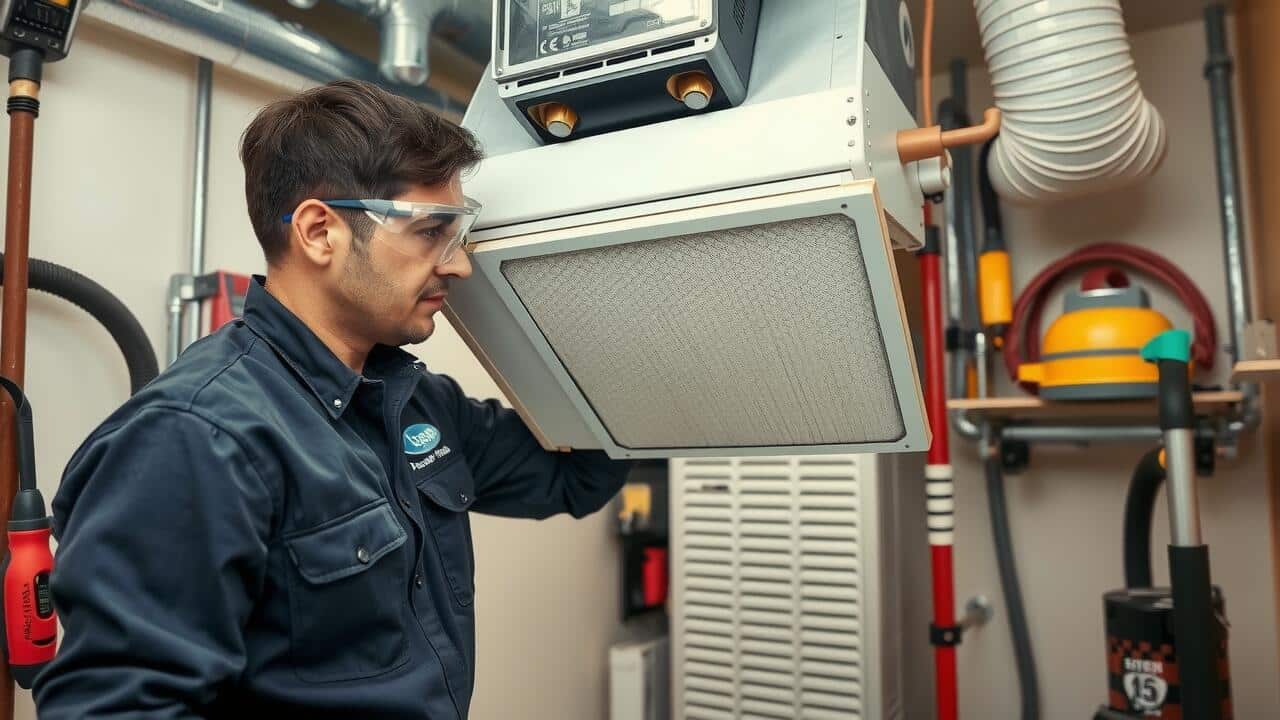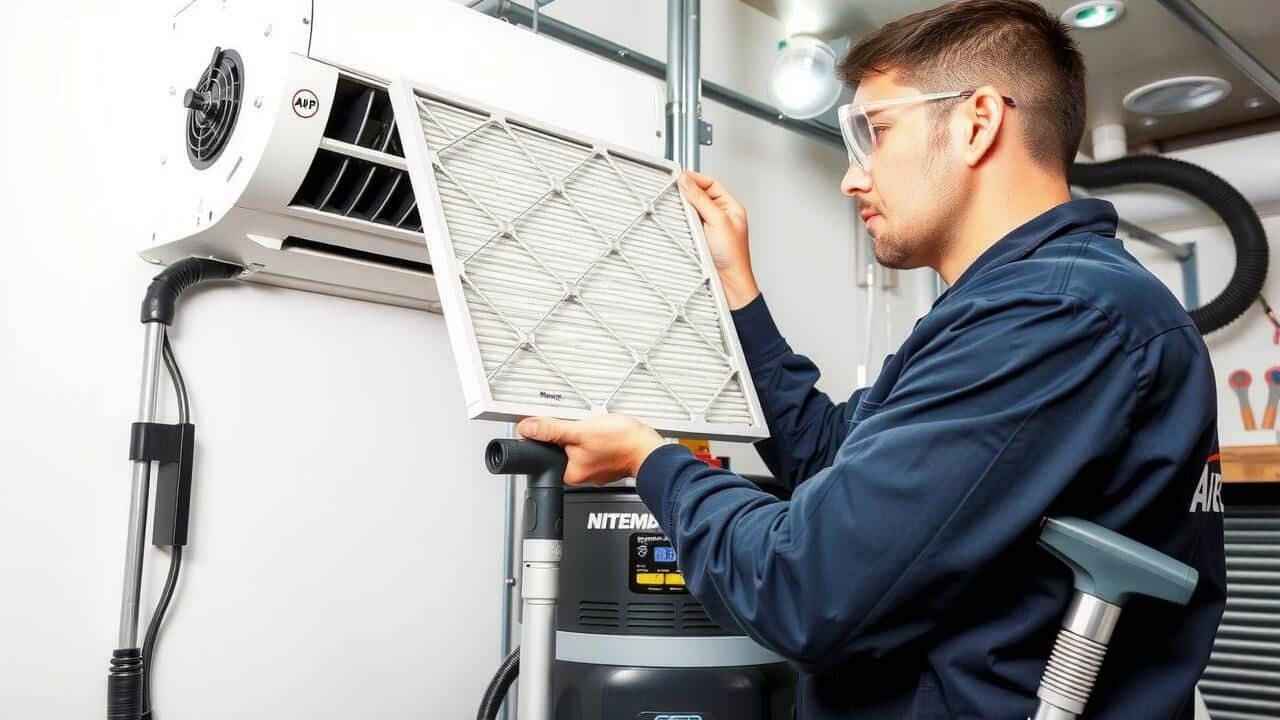
Table Of Contents
Maintenance Tips for Air Filters
Regular maintenance of your vehicle’s air filter is crucial for optimal engine performance. Check the air filter visually at least once a month. Look for any signs of dirt or damage. If the filter appears clogged or discolored, it may be time for an Air Filter Replacement. Keeping the air filter clean allows for better air flow, enhancing fuel efficiency and reducing harmful emissions.
In addition to monthly checks, consider the environment where you drive. Dusty roads or heavy traffic can lead to quicker filter wear. For those in such conditions, more frequent inspections are advisable. Always refer to the owner’s manual for specific replacement intervals recommended by the manufacturer. Staying proactive with Air Filter Replacement can prevent larger issues down the line.
Regular Checks to Enhance Efficiency
Regular checks of the air filter play a critical role in maintaining overall vehicle efficiency. Dust, dirt, and debris accumulate over time, leading to decreased airflow to the engine. This restriction can negatively impact fuel efficiency and engine performance. Keeping an eye on the air filter allows drivers to identify signs of clogging early, thus avoiding potential complications down the road.
Implementing a schedule for air filter replacement can save both time and money in vehicle maintenance. Depending on driving conditions and the type of vehicle, this may involve inspections every 15,000 to 30,000 miles. Maintaining this routine helps ensure optimal engine performance while also contributing to better fuel economy. Making regular checks part of your standard maintenance can ultimately lead to a smoother and more efficient ride.
Air Filter Types and Their Durability
There are several types of air filters available for vehicles, each with its unique characteristics and durability. Standard paper filters are commonly used due to their affordability and effective filtration for typical driving conditions. These filters typically last between 15,000 to 30,000 miles, making them a practical choice for many car owners.
High-performance air filters, such as those made from synthetic materials or cotton, offer enhanced airflow and filtration capabilities. They can often last much longer, sometimes up to 50,000 miles or more, depending on driving habits and environmental conditions. However, regardless of the type, timely Air Filter Replacement is essential to ensure optimal engine performance and efficiency. Neglecting regular replacement can lead to reduced airflow, negatively impacting fuel economy and engine health.
Comparison of Standard and High-Performance Filters
Standard air filters are designed to meet the basic requirements of most vehicles. They effectively trap dust, dirt, and other particulates, ensuring that clean air reaches the engine. Regular Air Filter Replacement is generally sufficient to maintain engine performance for everyday driving conditions. These filters are typically made from pleated paper or similar materials and are cost-effective when addressing basic filtration needs.
High-performance air filters are constructed with additional features aimed at enhancing airflow and filtration efficiency. They often utilize multi-layer designs or specialized materials, allowing for greater dirt retention without compromising air intake. While these filters may involve a higher upfront cost, their durability can lead to extended intervals between Air Filter Replacement. For drivers seeking improved engine responsiveness and performance, investing in a high-performance filter may offer significant benefits.
Consequences of Ignoring Air Filter Maintenance
Neglecting air filter maintenance can lead to significant engine performance issues. A clogged or dirty air filter restricts airflow, which forces the engine to work harder to draw in air. This inefficiency can result in reduced fuel economy and increased exhaust emissions, contributing to a less environmentally friendly vehicle. Drivers may also notice a decrease in acceleration and overall power, making the driving experience less enjoyable.
Ignoring the need for timely air filter replacement can ultimately result in more severe damage to the engine. Dust and debris can bypass an ineffective filter, leading to carbon buildup and wear on critical engine components. Over time, this can cause costly repairs and potentially shorten the lifespan of the engine itself. Regular air filter checks are essential for maintaining engine health and ensuring optimal vehicle performance.
Potential Damage to the Engine
Ignoring air filter maintenance can lead to significant damage to the engine over time. A dirty or clogged air filter restricts airflow to the engine, causing it to work harder to draw in the necessary air. This increased strain can result in overheating and decreased overall performance, which may lead to costly repairs down the line.
Inadequate air filtration can also allow harmful dirt and debris into the engine. These contaminants can cause wear and tear on critical engine components, leading to reduced efficiency and eventual failure. Regular air filter replacement is essential to safeguard the engine’s longevity and ensure optimal performance.
FAQS
How often should I replace my car’s air filter?
It is generally recommended to replace your car’s air filter every 12,000 to 15,000 miles, but you should check your owner’s manual for specific recommendations for your vehicle.
What are the signs that my air filter needs to be changed?
Signs that your air filter may need changing include decreased engine performance, reduced fuel efficiency, unusual engine noises, or visible dirt and debris in the filter.
Can I clean my air filter instead of replacing it?
Some air filters, particularly reusable ones, can be cleaned and reused, but most standard paper filters should be replaced when they become dirty or clogged.
Will a dirty air filter affect my car’s fuel economy?
Yes, a dirty air filter can restrict airflow to the engine, which can lead to poor combustion and decreased fuel efficiency.
Are high-performance air filters worth the investment?
High-performance air filters can enhance engine efficiency and power, but the benefits may vary based on your driving habits and vehicle type. Consider your needs and consult with a professional if unsure.
